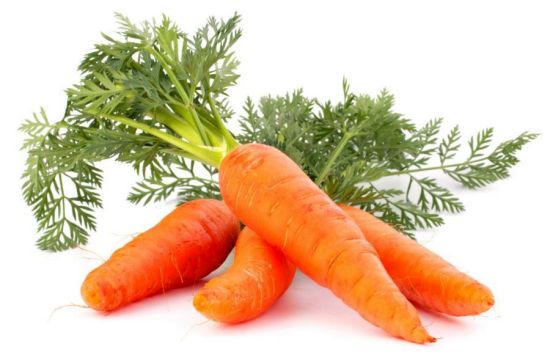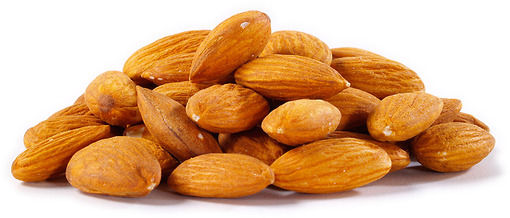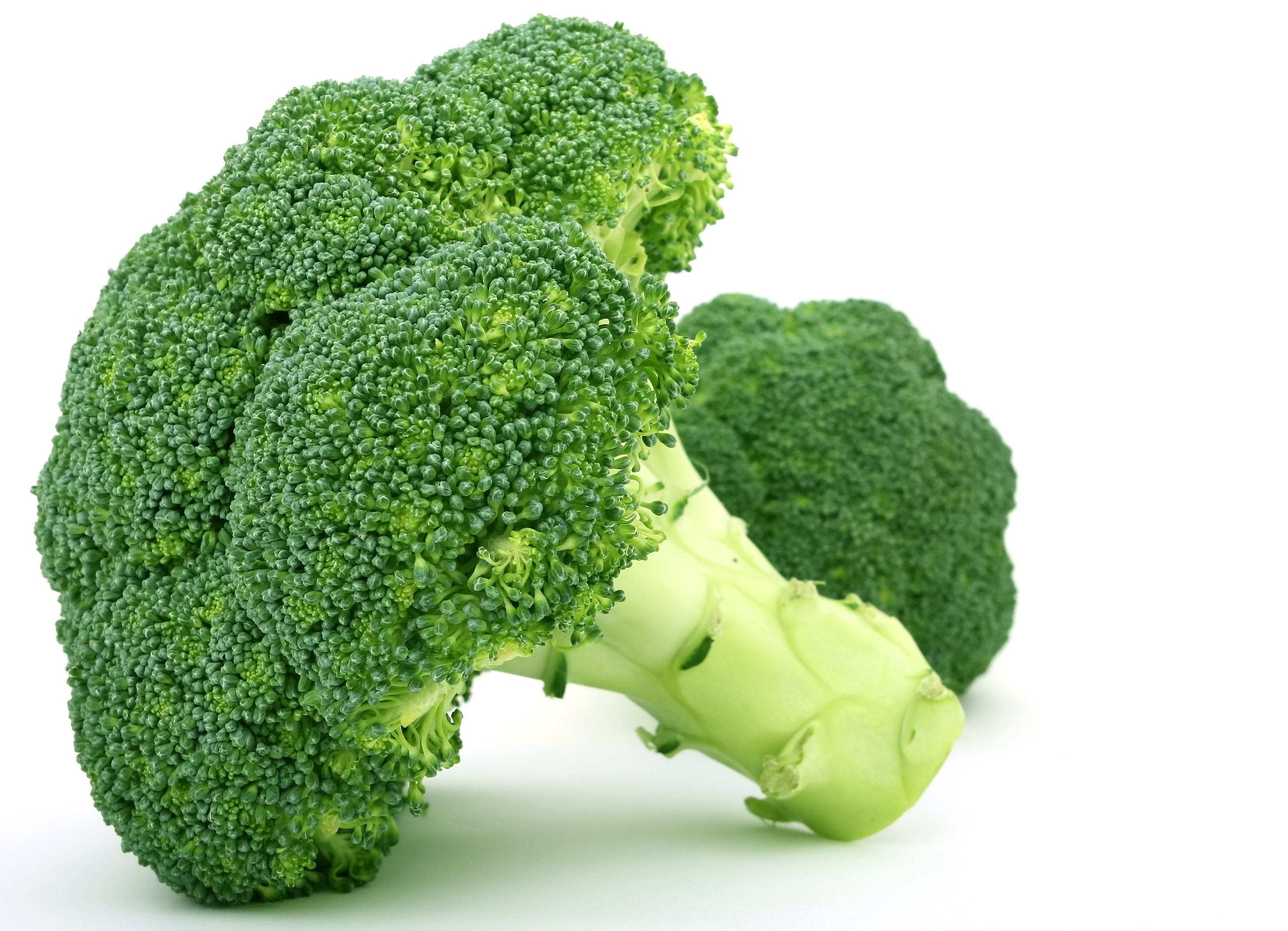5 Foods for Eyes Health

1st. Carrots
Loaded with bear-carotene which is very essential for preventing degeneration of eye muscles. unless you are deficient in vitamin A, as from a poor diet, malabsorption problems, or alcoholism, for example, beta carotene (or vitamin A) won’t make bad vision better. As it is, most Americans get enough beta carotene and vitamin A in their diets, though in some developing countries, vision loss due to a lack of these nutrients is much more common.
The notion that carrots improve eyesight can be traced back to the British Royal Air Force during World War II when pilots were using radar for the first time to spot and shoot down enemy planes. According to a source at the Carrot Museum (yes, there is such a place), in an effort to conceal this new “cutting edge” technology, a rumor was started that the pilots ate a lot of carrots, which allowed them to see better at night. The fabricated “fact” stuck and, to this day, we’re told to eat carrots to improve our vision.
Beyond carrots. The finding of adverse effects from high doses of beta carotene doesn’t diminish the importance of eating foods rich in beta carotene, like carrots, sweet potatoes, papayas, and red peppers, in the context of an overall healthy diet, as one strategy for protecting your eyes. (Note that you can’t get harmful amounts of beta carotene from food sources as you can from beta carotene supplements, which you should avoid.) Your diet should also include good sources of lutein and zeaxanthin (such as egg yolks, corn, zucchini, Brussels sprouts, spinach, and grapes), zinc (as in seafood, meat, dairy products, whole grains, and beans), and healthy fats (as in fish and nuts).

2nd. Spinach
Spinach and other dark, leafy greens are rich in two antioxidants stored in the macula—lutein and zeaxanthin. The macula is a part of the retina that acts as a natural sunblock, shielding the eye from damaging light. Lutein and zeaxanthin absorb blue light, which is especially harmful to the retina. Nearly two decades ago, optometrist Stuart Richer noticed something funny about patients who began taking multivitamins. Those who had age-related macular degeneration—a disease that affects one in eight Americans with vision loss and sometimes blindness—not only seemed to stabilize, but improved.
Intrigued, he went back to school in biophysiology to see if he could figure out the reason. His first studies helped show that antioxidants did slow the disease, and even worked to prevent it. More recently he has learned that a specific antioxidant, lutein, can actually reverse some of the symptoms.
Richer, chief of optometry at the North Chicago Veterans Administration Medical Center, recently tested lutein’s effects on 90 patients. Over a year’s time, those who took 10 milligrams of lutein every day began to see about one line better on eye charts. Image quality and contrast increased, and glare became less of a problem.

3rd. Almonds
Almonds, like other nuts and seeds, are generally good for eye health. Almonds contain vitamin E. This vitamin guards against unstable molecules that target healthy tissue. Consuming regular amounts of vitamin E can help prevent age-related macular degeneration as well as cataracts. You should aim for about 22 international units (IU), or 15 mg of vitamin E a day. One serving of almonds is about 23 nuts, or ¼ cup, and has 11 IU. Other nuts and seeds that contain vitamin E include sunflower seeds, hazelnuts, and peanuts.
You can enjoy almonds as a snack at any time. They are also tasty in your breakfast cereal, yogurt, or in salads. Just remember to keep an eye on serving size. Almonds are high in calories, so try to limit your intake to one to two servings a day.

4th. Oranges
Oranges and all of their citrus cousins — grapefruit, tangerines, and lemons — are high in vitamin C, an antioxidant that is critical to eye health. Scientists have found that your eyes need relatively high levels of vitamin C to function properly, and antioxidants can prevent or at least delay cataracts and AMD. Lots of other foods offer benefits similar to oranges, including peaches, red peppers, tomatoes and strawberries.

5th. Broccoli
If you rarely toss a fresh head of broccoli or a bag of frozen florets into your grocery cart, you’re missing out on one of the most nutritious foods you can buy. Not only is broccoli low in calories and rich in fiber, vitamins and minerals, but – like other cruciferous vegetables – it also contains an impressive array of compounds that exert significant anticancer activity. It seems like icing on the cake, then, that broccoli is also good for your eyes. Broccoli also contains beta-carotene, another carotenoid that benefits eyesight, albeit through a slightly different pathway. Whereas lutein is a powerful antioxidant, beta-carotene promotes eye health nutritionally. Your body converts beta-carotene into vitamin A, which is vital to eyesight. The various forms of vitamin A are actually referred to as “retinoids” because of how important they are to your eyes’ retinas. Vitamin A allows your eyes to adjust in dimming light and see in the dark. A slight deficiency can cause varying degrees of night blindness, w hile a more serious deficiency can result in total blindness. You’ll get about 50 percent of the daily value for vitamin A from a 1-cup serving of cooked broccoliroccoli is an excellent source of vitamin C, an antioxidant nutrient that’s involved in both creating and protecting the structure of your eyes. Vitamin C is integral to the structure of all bodily cells, including the capillaries and tissues of your eyes. Vitamin C is also highly concentrated in eye fluids, where it acts as an antioxidant to protect your eyes from light-induced damage. According to the Linus Pauling Institute, some studies indicate that a diet high in vitamin C may help prevent or delay the formation of cataracts. One cup of chopped raw broccoli delivers 135 percent of the daily value for vitamin C; a cup of the cooked vegetable supplies nearly 170 percent of the recommended daily value.
Nice food
Thanks Bro
Congratulations @mirzamughal! You have received a personal award!
Click on the badge to view your Board of Honor.
Congratulations @mirzamughal! You received a personal award!
You can view your badges on your Steem Board and compare to others on the Steem Ranking
Vote for @Steemitboard as a witness to get one more award and increased upvotes!